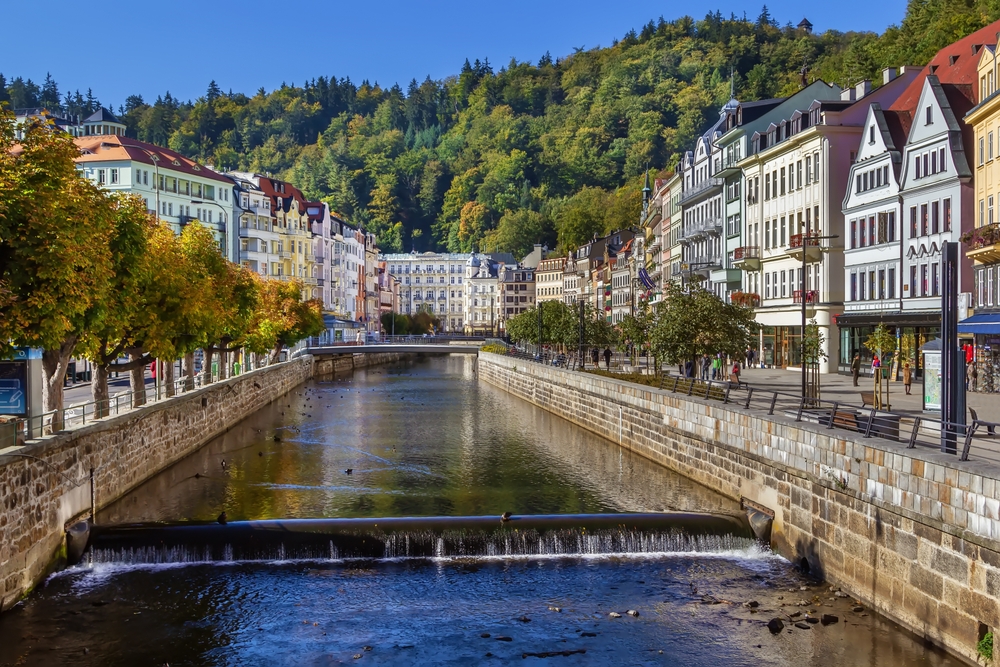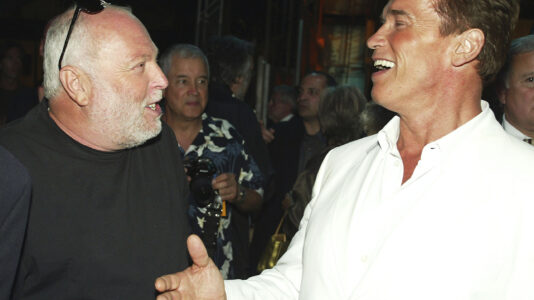The town of Karlovy Vary, a small yet very popular spa city in Czechia, has long been home to a sizable Russian population. This population has been declining in recent years, however – a trend exacerbated by the Russian invasion of Ukraine in 2022.
The Czech Republic adopted the Sanctions Act in January 2023. Like similar laws that have been passed in other countries, the Act gives the government the power to impose sanctions on institutions and individuals who have been found to be in violation of either Czech or international law. This has been justified as necessary for national security, the protection of human rights, and combating terrorism.
The Czech government has already used the Act to sanction Patriarch Kirill, the head of the Russian Orthodox Church. The rationale given was the Patriarch’s support for the invasion of Ukraine. Besides barring the patriarch from entering the country, all assets belonging to him within Czechia have been frozen.
The government has also used the Act to freeze all properties owned by the Russian state within the Czech Republic.
Anticipating that Karlovy Vary’s famous Church of Saints Peter and Paul will eventually be frozen as well, the Russian Orthodox Church has now transferred its ownership, as well as that of all of its other Czech assets, to its Hungarian branch. Legal ownership of the Church now falls within the jurisdiction of the Metropolitan Emeritus of Budapest and Hungary.
The Church, which is designed in the Byzantine style, has a long history, having been consecrated in 1897 in the name of the apostles Peter and Paul. The Church is the largest Orthodox place of worship in Czechia, as well as the largest to the west of the former Soviet states.
The Church’s fears are likely not without foundation, given that a priest at the Church, Nikolai Lishchenyuk, was expelled from the country last year. He was also stripped of honorary citizenship in Karlovy Vary. The government cited fears that the priest was engaged in espionage, such as by supporting eurosceptic movements that seek to take current member states out of the European Union.
Some officials in Czechia have expressed disappointment that the assets were not frozen before the transfer was made.
The branches of the Russian Orthodox Church in Europe have often come under scrutiny and criticism since Russia’s invasion began in February 2022. This is especially true in Ukraine, where the government has seized assets and properties belonging to the canonical Ukrainian Orthodox Church (UOC). The UOC has defied President Volodymyr Zelensky’s order to switch the date when it celebrates Christmas to that of the Gregorian calendar.






